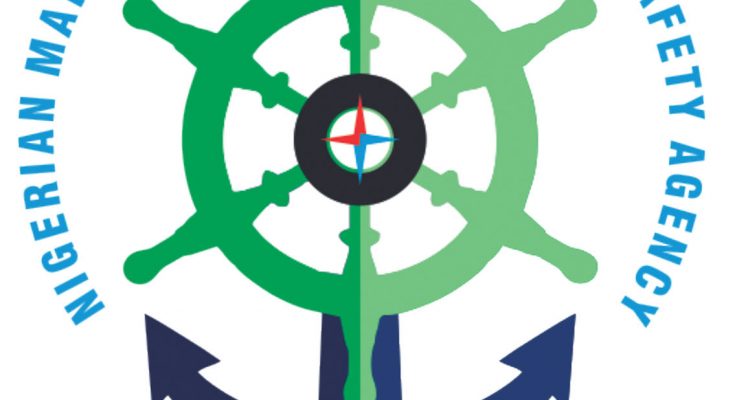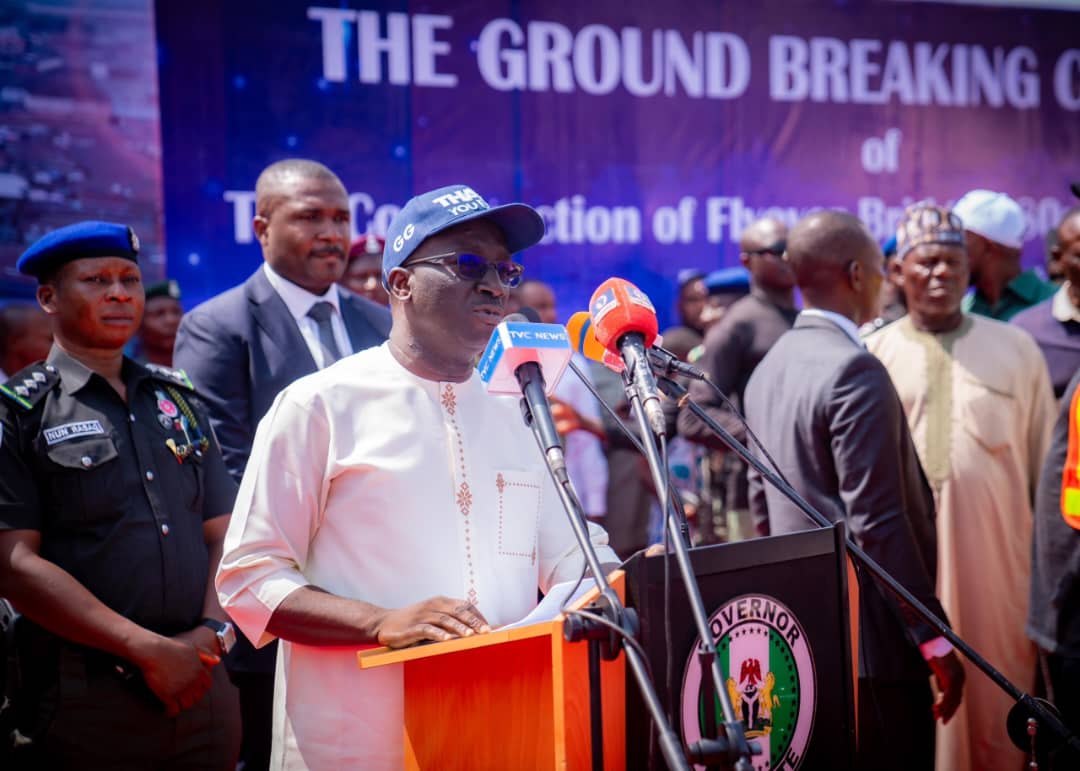Maritime
China Unveils Subsidy Program for Scrapping Old Ships

HONG KONG — China unveiled a new cash-subsidy program to encourage the scrapping of older cargo ships and tankers, part of fresh measures to support the nation’s struggling shipping sector that is still reeling from low freight rates and overcapacity.
Chinese shipping operators will receive a 1,500 Chinese yuan (US$247) subsidy per gross ton to replace older ships registered in the nation with new, more environmentally-friendly vessels, according to a joint statement published Monday by several government departments including the Ministry of Transport and the National Development and Reform Commission. Gross tonnage refers to the total volume of a vessel.
This means a shipper hoping to scrap and replace an aging Panamax dry-bulk ship—a common class of cargo vessel with gross tonnage of around 35,000 tons—will receive roughly CNY52.5 million in subsidies from the state. Ships must be within 10 years prior to their mandatory retirement age to be eligible for the offer, and for dry-bulk ships, which carry commodities like grain and coal, retirement is 33 years of service, according to Zhang Shouguo, executive vice president at the China Shipowners’ Association.
 Ship owners will get half of the cash subsidy when they complete the scrapping of an older ship and will receive the remainder once a new ship is built, the government statement said, noting the measure will be valid through the end of 2015. Analysts expect more measures to be announced in coming weeks to help the sector, including tax breaks to ship operators and shipbuilders.
Ship owners will get half of the cash subsidy when they complete the scrapping of an older ship and will receive the remainder once a new ship is built, the government statement said, noting the measure will be valid through the end of 2015. Analysts expect more measures to be announced in coming weeks to help the sector, including tax breaks to ship operators and shipbuilders.
Analysts said it was difficult to predict how much the subsidies are worth, but one estimate values the program at CNY7 billion for China’s major shipping operators, with dry-bulk ships over the age of 23 years accounting for 16% of China’s total shipping fleet. The nation’s fleet of large container ships likely won’t benefit from the plan as the bulk of the vessels are much younger, shipping companies said.
The cash subsidy program is a much-needed lifeline to China’s shipbuilding industry, one of the largest in the world that employs tens of thousands of people. The shipbuilders are suffering from shrinking orders as global trade weakened, while earlier aggressive efforts to build new vessels are contributing to a global capacity glut.
Illustrating the industry’s headwinds, China Rongsheng Heavy Industries Group, the country’s biggest privately-owned shipbuilder, said last week it expected to post a substantial loss for 2013 because of a decline in new orders, extending losses it made in 2012.
The new incentives are an extension of an earlier round of subsidies between 2010 and 2012, when shipowners received CNY1,000 for each gross ton of ship scrapped, though they were reimbursed only if they replaced the ships with new ones.
Zhang Guofa, general manager at state-owned China Shipping (Group) Co., the nation’s second-largest shipping group, said Monday he welcomed the new incentives and added that they will help ease the industry’s overcapacity issues as shipowners that don’t order new ships will also receive cash subsidies.
Mr. Zhang said the group will consider speeding up the scrapping of older ships, without further disclosing details of the number of eligible ships for scrapping.
Still, industry experts fear that requiring shipowners to replace ships to receive the full amount of scrapping subsidies could continue to exacerbate the industry’s overcapacity problems.
“The previous round of subsidies was unsuccessful as few operators ordered new ships after scrapping older ones because of the lingering oversupply and weak demand,” said Mr. Zhang of the China Shipowners’ Association.
– WALL STREET JOURNAL
Maritime
Maritime Governance: Minister Deposits Three Accession Instruments At IMO

The Honourable Minister of Marine and Blue Economy, Adegboyega Oyetola has deposited three Instruments of Accession to IMO Conventions signed by President Bola Ahmed Tinubu with the global body.
He did so on Tuesday, at the headquarters of the International Maritime Organization (IMO), which acts as the repository for these conventions.
This move, coming a few weeks after Nigeria declared its intention to contest election for a seat on the IMO Council, is expected to enhance Nigeria’s maritime governance and align its practices with international standards, promoting maritime safety, security, and environmental protection.
Shortly after the presentation ceremonies, Oyetola informed the IMO Secretary General, Arsenio Dominguez, of the President’s commitment to ensuring that Nigeria aligns with international maritime standards regarding maritime safety, security, and sustainable marine practices.
ALSO READ: NNPCL Launches Utapate Crude Oil Blend, Eyes Production Expansion In 2025
He also called on the IMO to extend technical support to Nigeria.
In his words, “These instruments, duly acceded by His Excellency, the President of the Federal Republic of Nigeria, signify Nigeria’s continued commitment to aligning with international maritime standards, ensuring maritime safety and security, and promoting sustainable marine practices.
“We hereby request tailored technical cooperation under the Integrated Technical Cooperation Programme (ITCP) to enhance Nigeria’s compliance with IMO conventions and improve our maritime governance and implementation of the instruments we submitted today.”
On his part, Dominguez, acknowledged with appreciation the formal deposition of the Instruments of Accession, stating that it underscores Nigeria’s steadfast commitment to aligning with global maritime standards.
“I congratulate Nigeria for its exceptional efforts in acceding to these six critical IMO instruments. I encourage continued momentum by securing presidential assent to additional key conventions. We at the IMO remains fully committed to supporting Nigeria through technical cooperation and capacity-building initiatives to ensure the successful implementation of these instruments,” he stated.
The instruments Oyetola handed over to Dominguez include the instrument of accession to the 2005 Protocol to the Convention for the Suppression of Unlawful Acts against the Safety of Fixed Platforms Located on the Continental Shelf (SUA Protocol 2005), the instrument of accession to the International Convention on Standards of Training, Certification, and Watchkeeping for Fishing Vessel Personnel (STCW-F), and the instrument of accession to the Protocol Relating to Intervention on the High Seas in Cases of Pollution by Substances Other Than Oil (Intervention Protocol 1973).
It was gathered that three other Instruments of Accession signed by President Tinubu are undergoing further steps to complete the processes for their deposit.
Maritime
Capacity Dev’t: NIMASA Assures On Cabotage Vessel Financing Fund

Funds accrued under the Cabotage Vessel Financing Fund (CVFF) are intact and currently held with the Central Bank of Nigeria (CBN) under the Single Treasury Account (TSA).
This assertion was made by the Nigerian Maritime Administration and Safety Agency (NIMASA), in a statement in Lagos on Tuesday.
The clarification became necessary to address “a misleading publication alleging that funds have disappeared from the CVFF account”.
ALSO READ: Okpebholo Hits Ground Running, Flags Off Edo’s 1st Flyover Bridge
The statement reads, in part, “The report of a missing money is both misleading and false.
“For the record, the Cabotage Vessel Financing Fund, securely held in the NIMASA account at the Central Bank of Nigeria (CBN), remains intact. There has been no disappearance of funds, and no illegal transactions, as the article suggests. This misinformation is a figment of the authors imagination, aimed at undermining NIMASA’s integrity, and mislead the public about the Agency’s operations.
“The Management of NIMASA will ensure that the CVFF is utilised in line with its statutory purpose. NIMASA Director General, Dr Mobereola has assured stakeholders of the safety of funds under the CVFF.”
The statement cited the DG thus, “Let us be clear that the CVFF account at the Central Bank of Nigeria is safe, intact, and secure. We at NIMASA will continue to manage it with the utmost responsibility, and there are no irregularities or illegal activities surrounding the funds. I urge the public to disregard this false narrative and to continue trusting the Agency’s ability to uphold the integrity of Nigeria’s maritime sector”.
It was gathered that the CVFF is a fund established under section 42 of the Coastal and Inland Shipping (Cabotage) Act 2003 to promote the development of indigenous ship acquisition capacity and to provide credit facilities to local maritime operators.
The NIMASA, assured of its commitment “to transparency, accountability, and the advancement of Nigeria’s maritime sector.”
Maritime
Okpebholo Hits Ground Running, Flags Off Edo’s 1st Flyover Bridge

Edo State Governor, Senator Monday Okpebholo appears eager to deliver the dividends of democracy to his constituents.
This is discernible from the frenzy of activities being witnessed in his first few days on the job, including dissolution of boards, constitution of investigative panels, flagging off of infrastructure projects, among others.
In the bid to address the perennial road traffic congestion negatively impacting economic and social activities in Benin City, the state capital, Gov Okpebholo on Wednesday flagged off the construction of a flyover bridge.
Biztellers reports that the flyover bridge around the popular Ramat Park in the city centre is the first of such in the history of Edo State.
ALSO READ: Tinubu Seeks ₦1.767tn Loan to Tackle 2024 Budget Deficit
The Edo State Government made the disclosure in its verified handle on micro-blogging site, X, on Wednesday.
It wrote, “Traffic decongestion: Gov Okpebholo flags off first flyover in Edo.
“Edo State Governor, Sen. Monday Okpebholo has flagged off the construction of a flyover bridge at Ramat Park, Benin City, the State Capital, as part of immediate efforts to reduce traffic congestion in the city.”










